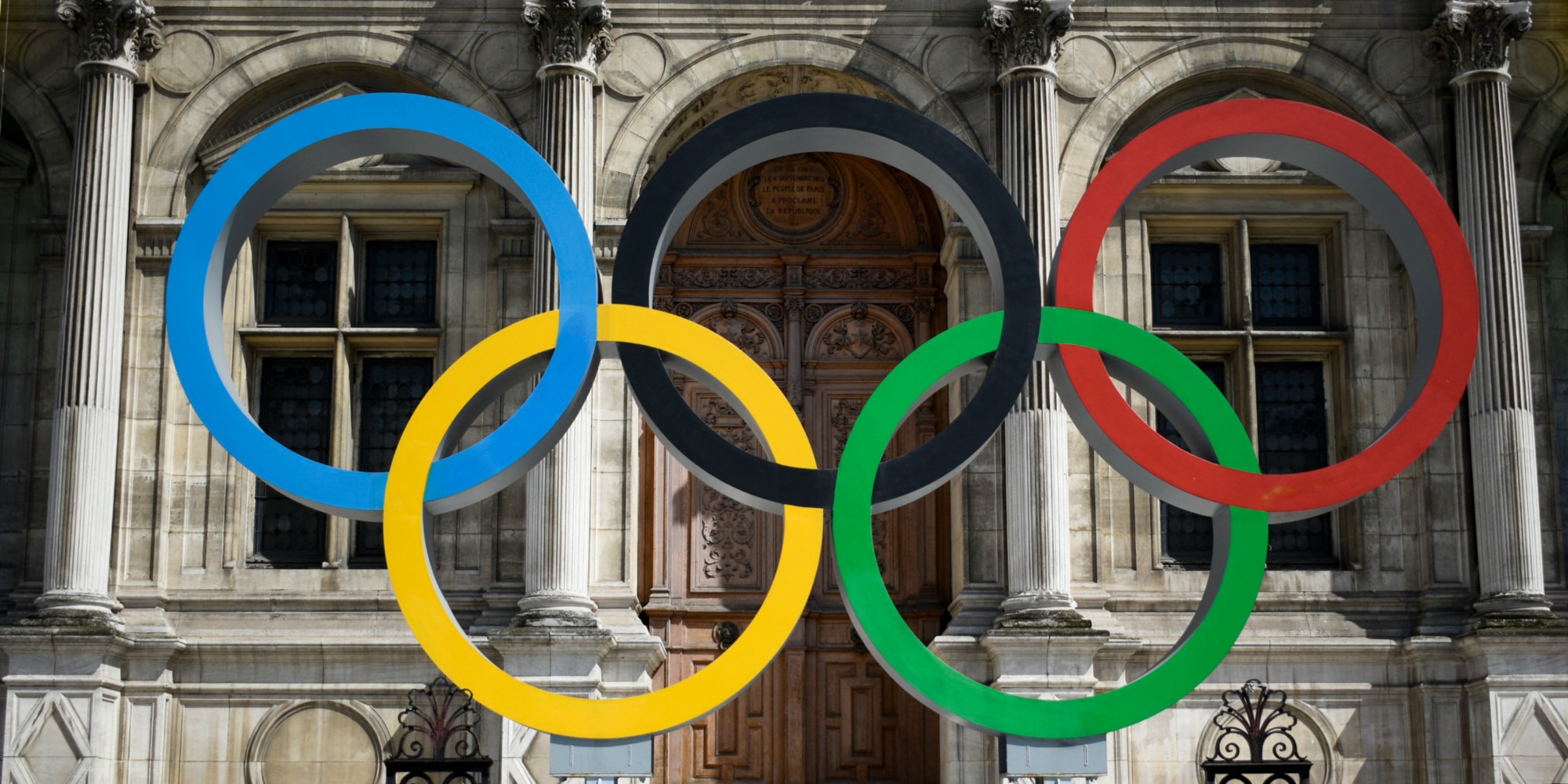Cyrille de la Morinerie 12:08 p.m., July 30, 2022
In 2024, the Olympics will become the largest restaurant in the world.
Thirteen million meals will be distributed for the occasion.
The committee is working on the organization of the menus and has decided to rely on more local meals, more vegetal and above all more respectful of the environment.
In two years, the Olympic Games are coming to Paris.
An event that the capital is preparing diligently.
The organizers are working on future sites, but also on meals: in 2024, the Olympics will become the largest restaurant in the world.
Thirteen million meals will be distributed.
And in the land of gastronomy, there is no question of missing out.
For the occasion, the organization is counting on a plate twice as vegetable.
80% French and local products
More vegetables, with lettuce, beet zucchini, seeds and above all 80% food produced in France.
The organizers want to offer athletes and spectators healthy food by relying on local producers.
Short circuits will be honoured, collaborating with producers located within a radius of 250 kilometers around each site.
>> READ ALSO -
Paris Olympics 2024: the shooting and boxing events will change sites
Only 20% of products will be imported, including coffee, tea and cocoa.
The objective is to halve the carbon footprint of a plate, hence the idea of also offering more food of plant origin than animal.
The organizers also want to halve the use of single-use plastic.
A starry Olympic plate
It will also, and above all, have to adapt to the diet of the 15,000 athletes who, depending on their favorite sport, will not eat in the same way.
In the Olympic village located in St-Denis, the city of cinema will host no less than fifteen restaurants, with a very diversified and quality cuisine.
This is why the organizers have relied on great chefs such as Alexandre Mazzia, triple Michelin starred.
>> Find Europe weekend morning in podcast and replay here
“We will have to be rich with cereals, lentils, in a pleasant but above all healthy way”.
A challenge that chef Mazzia will take up.
In the land of cheese, ham and baguette, the Olympic plate should honor the culinary tradition of our country: Saint-Nectaire, Brie de Meau, but also pike and Loire salmon are on the menu.
Final challenges: avoiding food waste and holding prices, despite the rise in wheat prices linked to the war in Ukraine.

